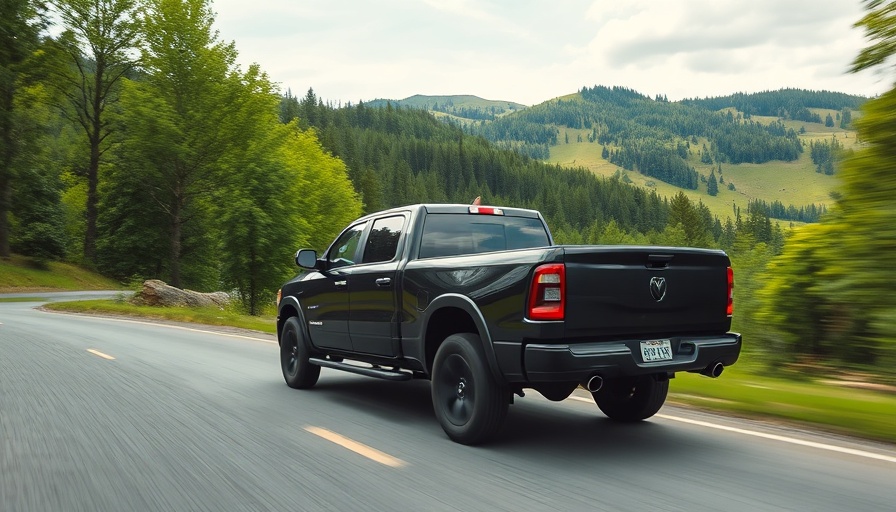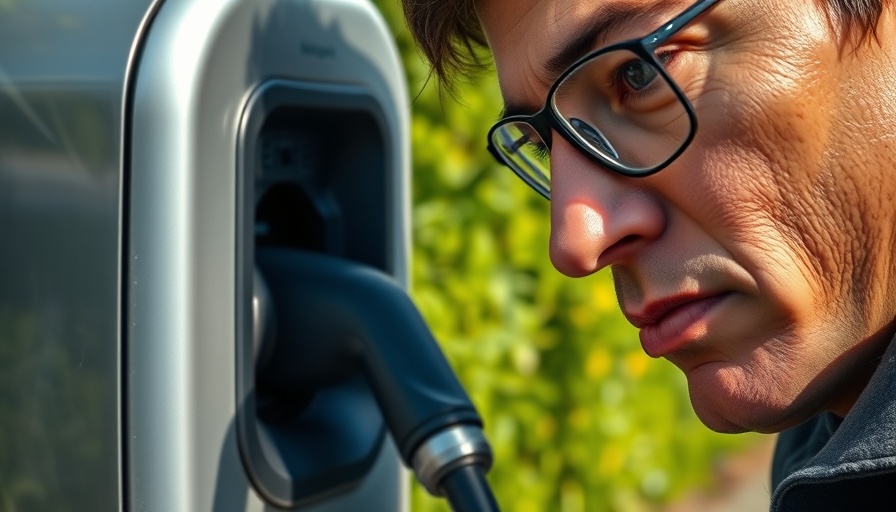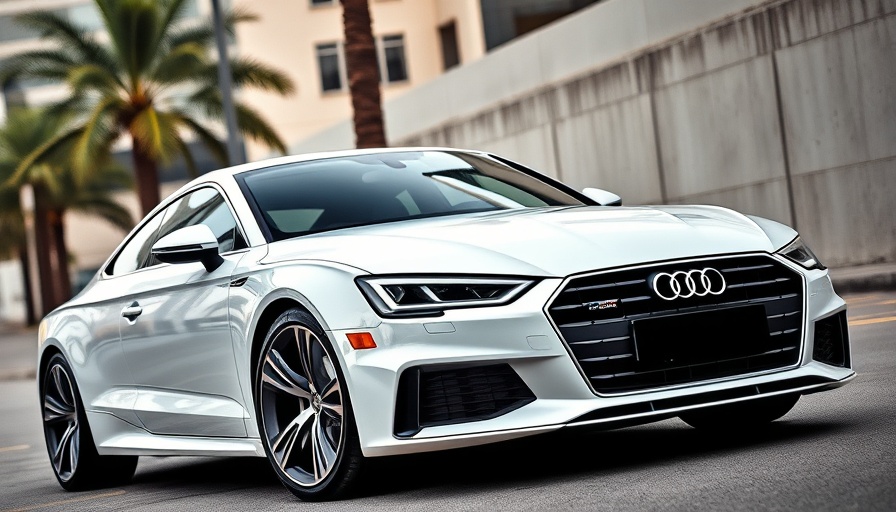
The Rising Influence of the Automotive Sector in Politics
In an unprecedented shift, the automotive industry is becoming increasingly intertwined with political maneuvers, as exemplified by the transition of auto dealers into significant political figures. Recently, a former auto dealer has emerged as a crucial player in former President Trump's renewed efforts against electric vehicles (EVs). This connection underscores how the automotive landscape is evolving, presenting fresh complexities and interests at the intersection of business and politics.
The Automotive Freedom Act: A Legislative Push Against Electric Vehicles
The centerpiece of the senator’s agenda appears to be the introduction of the Automotive Freedom Act. This proposed legislation aims to undermine incentives for electric vehicles, reflecting a broader anti-EV sentiment that is gaining traction among certain political spheres. Critics argue that this movement is not only outdated but also detrimental in the face of growing global acknowledgment of climate change and clean energy. A pivot away from EVs could have lasting ramifications for the economy, environment, and the future of mobility.
Implications for Auto Dealers and General Managers
For dealer principals, general managers, and finance managers, the political climate surrounding the automotive industry necessitates an attentive eye on regulatory changes that influence consumer buying behavior and market demand. As the senator's actions may tilt favor back towards traditional fuel sources, dealers may need to reassess their sales strategies and inventory choices, potentially increasing the risks associated with EV offerings in their portfolios. Understanding the nuances of such legislation will be crucial in sustaining their operations in a fluctuating environment.
The Public Response: Dealer Perspectives
As discussions around the anti-EV crusade intensify, opinions from within the dealership community are varied. Some dealers may see opportunities to exclusive markets focusing on internal combustion vehicles. Others, however, are concerned about the backlash against advances in technology and consumer preferences shifting towards more sustainable vehicle options. In this evolving climate, emphasizing transparency with consumers about the implications of such legislation will be critical for dealers.
Future Trends in Automotive and Legislative Dynamics
Looking toward the future, the actions taken by politicians like the auto dealer-turned-senator may prompt broader industry shifts. The EV market has rapidly grown, capturing 9% market share in recent years, and consumer trends indicate a growing preference for eco-friendly vehicles. As tensions rise between traditional automotive interests and forward-thinking electric vehicle proponents, the industry may witness significant shifts in market dynamics, requiring a nimble approach from dealers as they adapt to evolving consumer preferences and regulatory landscapes.
The Bottom Line: Adaptation is Key
The ongoing political discourse surrounding EVs speaks volumes about the relationship between the automotive industry and legislation. For dealer principles, general managers, and finance managers, maintaining an informed perspective on these trends is critical for informed decision-making and optimizing retail strategies in the face of immediate and long-term market changes. As the industry braces for future challenges, proactive engagement with legislative updates will harmonize business operations with the evolving marketplace.
 Add Row
Add Row  Add
Add 




Write A Comment